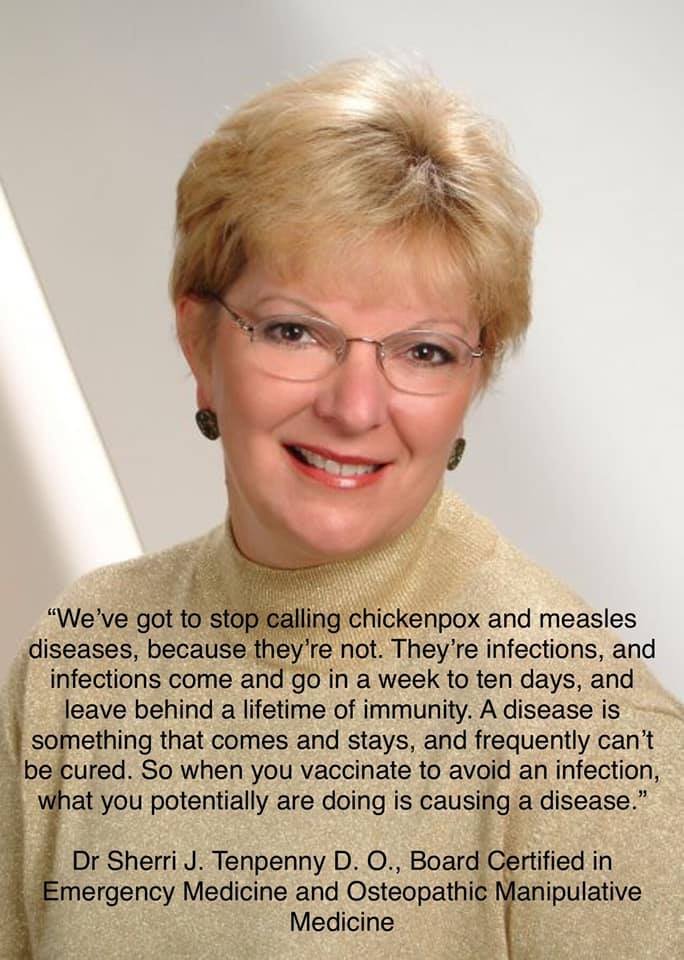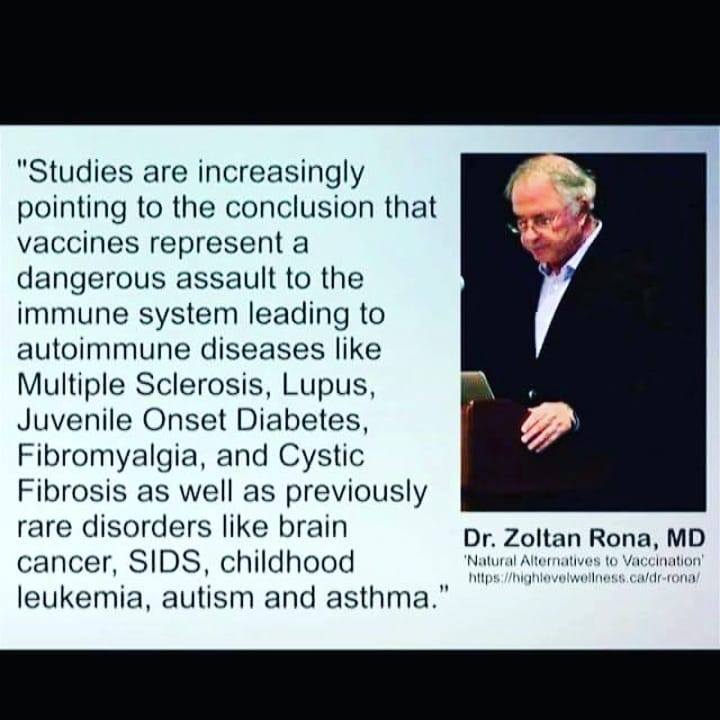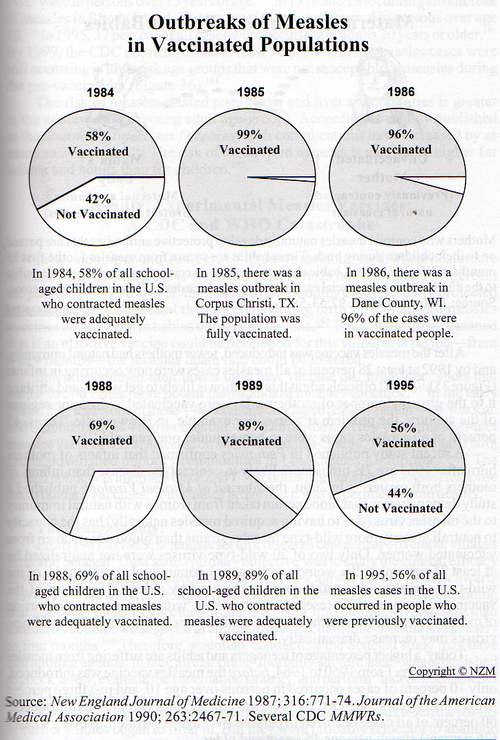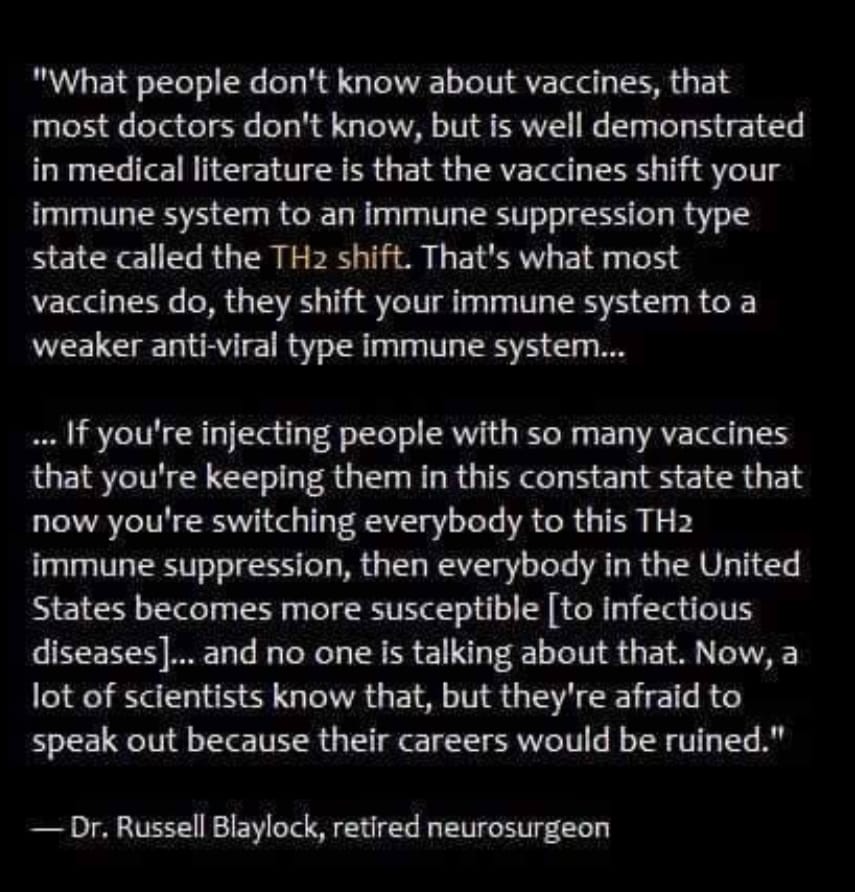
A very interesting differentiation!

Tom's Blog on Life and Livingness

A very interesting differentiation!


Now there is a very large, unspoken caveat for this meme. That you be worthy of trust. And there are two qualities that are prerequisites to trust – competence and reliability. Does the person have the competence required and can they be relied upon? So if you are to be worthy of trust you must be competent and reliable. Can you do everything you would like to be able to do? Do you do everything you say you are going to do by when you say you are going to do it? Even the tasks you set yourself? Those are pretty high standards. But the closer you get to attaining them the happier you will be with yourself. This I know for a fact.

Man, this is ever the truth! The last year has been the most challenging for me personally but also has resulted in the most personal growth.
I received an email that I thought worthy of asking my US friends to take action on:
Dear Tom,
We only have two days left to speak out against the EPA’s dangerous plan to roll back vital clean water protections — and we need to mobilize the biggest possible public outcry before the comment period ends on Monday. Can I count on you to help?
Please, submit an official public comment of opposition to the “Dirty Water Rule” and show the EPA that you won’t let them allow pollution in our drinking water without a fight!
https://act.nrdc.org/letter/clean-water-rule-181211…
This plan would strip out key provisions from the Clean Water Act — which has protected our drinking water supplies, swimming spots, and fishing holes from dangerous pollution for nearly 50 years — so that corporate polluters can dump toxic chemicals into the rivers and streams that feed our drinking water.
NRDC is doing everything we can to fight back against this heinous rollback — and will take the fight to court, if that’s what it takes — but right now, the most important thing you can do to help is flood the EPA’s inbox with public comments opposing the “Dirty Water Rule.”
This is your last chance: Raise your voice for clean water protections today. Thank you for standing with us.
Sincerely,
Rhea


Vitis vinifera fruits, including grapes, raisins, sultanas and currants, are not safe for dogs. Ingestion of even a small amount may lead to vomiting, diarrhea and kidney failure, which may occur several days after consumption.1 Not all dogs are affected by these fruits, and some believe that a fluoride-based pesticide called cryolite used on grape crops could be to blame.
However, some dogs have gotten sick even after eating organic or homegrown grapes, so it’s best not to take a chance and avoid feeding these to your dog. Plants of the genus allium, which includes onions, chives, garlic and leeks, are another category that can make some dogs sick.
If large doses are consumed, it can lead to drooling, abdominal pain, vomiting and diarrhea, which may not occur for several days after ingestion. Oxidative damage to red blood cells, causing them to risk rupturing, can also occur,2 as can weakness, rapid breathing, high heart rate, pale mucous membranes, reddish or brown urine and anemia.
That being said, in the case of garlic very large quantities are needed to be dangerous — much more than you would typically feed to your dog. Dogs can healthfully consume 1/4 teaspoon of freshly chopped garlic per 15 pounds of body weight and reap substantial health benefits, just don’t overdo it.

Official data have shown that the large-scale vaccinations undertaken in the US have failed to obtain any significant improvement of the diseases against which they were supposed to provide protection.” Dr A. Sabin, developer of the Oral Polio vaccine in a lecture to Italian doctors in Piacenza, Italy, December 7th 1985.

A balance of Th1/Th2 cells in the body is defined as immunostasis (or immune balance) and is required for optimum health and wellness. Vaccines promote a failure in immunostasis by making the Th2-type cells dominant.
In Natural Immunity, for example exposure to chickenpox, Th1 response externalizes the infection and provides permanent immunity.
In Vaccine-Induced Immunity, Th2 response internalizes the infection because the Immune System was forced into an emergency -based Th2 response and results in poor immune memory. Thus regular vaccine boosters are required throughout life.
T cells (thymus cells) are the major cell in the immune system; they direct and control all immune responses as well as immune memory. Subsets of T cells are the T-helper cells (Th). T-helper cells coordinate and direct the safest and most effective immune response. Using Moskowitz’s measles example, we know that, when infected with the measles virus naturally via the nasopharyngeal route, the body produces a Th1 response that externalizes the infection and provides permanent immunity. Fever, rash, coughing, sneezing, etc are signs of the body ridding itself of this infection. Bypassing the normal body lines of defense by injecting a vaccine forces the immune system into an emergency-based Th2 response which serves to internalize the infection. You don’t get the disease but are susceptible to the disease later since the Th2 response results in poor immune memory. So, if a natural, viral (measles) infection results in a Th1 response, why don’t we make vaccines that could elicit the same response.
Adjuvants are often employed to enhance the development of an efficacious specific response. The problem lies within what type of immune response is happening. TH1 is the cell-mediated immune response that happens after naturally acquiring an infection, and then TH2 humoral kicks in with antibodies and ensures immunity, but, they work in tandom. Vaccination uses adjuvants to stimulate a TH2 response, bypassing the TH1, which puts the immune system into a perpetual state of confusion. This can kick in Autoimmunity for predisposed individuals (See the medical textbook “Vaccines and Autoimmunity” by world renowned immunologist Dr. Yehuda Shoenfeld MD).
The vaccination process itself destroys immune capacity by overstimulating the humoral TH2 immune response while never engaging the cell-mediated TH1 immune response. The immune system then stays in a state of agitation, which leads to all sorts of chronic health problems, injury and death. And, never confers immunity (e.g., booster shots are required to create more antibodies – the only measurement of “vaccine effectiveness”). On the other hand, when a child naturally gets an infection a proper TH1 immune response occurs, and then TH2 kicks in, tags the antigens with antibodies and we now have immunity. No need for booster shots.
“What people don’t know about vaccines –what most doctors don’t know– but well demonstrated in medical literature, is that vaccines shift your immune system to an immune suppression type of state called the “TH2 shift.” That’s what most vaccines do. They shift your immune system to a weaker, antibody type immune system… If you’re injecting people with so many vaccines that your keeping them in this constant state –that now your switching everyone to this TH2 immune suppression– then everyone becomes more susceptible [to infectious diseases]… and no one is talking about that. Now, a lot of scientists know that, but they are afraid to speak out because their careers would be ruined.”
Dr. Russell Blaylock M.D. Neurosurgeon
The Th1/Th2 balance in autoimmunity.
https://www.ncbi.nlm.nih.gov/m/pubmed/8679122/
Th1 and Th2 lymphocytes in autoimmune disease.
https://www.ncbi.nlm.nih.gov/m/pubmed/15952931/
Another explanation:
“Bypassing the mucosal aspect of the immune system by directly injecting organisms into the body leads to a corruption in the immune system itself where IgA (Immunoglobulin A) is transmitted into IgE (Immunoglobulin E), and/or the B cells are hyperactivated to produce pathological amounts of self-tracking antibody as well as suppression of cytotoxic T cells ‘stealth adapted.’ These are formed when vaccine viruses combine with viruses from tissues used to culture them, or when bacteria lose their cell walls when a person takes antibiotics and transform them into ‘L forms,’ leading to a lack of some critical antigens normally recognized by the cellular immune system.
The mechanism by which the immune system is corrupted can best be realized when you understand that the two poles of the immune system (the cellular and humoral mechanisms) have a reciprocal relationship in that when the activity of one pole is increased, the other must decrease. Thus, when one is stimulated, the other is inhibited. Since vaccines activate the B cells to secret antibody, the cytotoxic (killer) T cells are subsequently suppressed. In fact, the ‘prevention’ of a disease via vaccination is, in reality, an inability to expel organisms due to the suppression of the cell-mediated response.
Thus, rather than preventing disease, the disease is actually prevented from ever being resolved. Thus, the autoimmune disease you develop is determined by which tissues in the body are attacked by auto-antibodies. If the inside lining of the gastrointestinal tract (the mucosa) is attacked by auto-antibodies, you can develop leaky gut syndrome. Crohn’s disease and colitis are also caused by auto-antibody attack of the GI tract itself. If the islet (insulin producing) cells of the pancreas are attacked by auto-antibodies, you develop insulin dependent (juvenile) diabetes.
If the respiratory mucosa is attacked by auto-antibodies, you develop ‘leaky lung’ syndrome where, just as with leaky gut, antigens recognized as foreign to the body which are inhaled are unable to traverse the lining of the respiratory tract, causing the creation of antibodies against those antigens (usually dust, mold, pet or pollen antigens). If the components of the articular surface of the joints are attacked by auto-antibodies, you develop rheumatoid (or juvenile) arthritis. If the kidney tissue is attacked by auto-antibodies, you develop one of the many types of nephritis.
If you develop auto-antibodies against the very DNA in the nucleus of all cells, you develop systemic Lupus (thus, the autoimmune potential of DNA vaccines being developed now is self-evident: worse yet, DNA components from these vaccines can be incorporated into your DNA, leading to actual genetic changes which could cause extinction of all vaccinated life on the Earth). And on and on and on.
The brain and spinal chord can also be attacked with auto-antibodies (vaccine induced encephalitis), leading to a variety of neurological diseases. The most severe of these, leading to death, are sudden infant death syndrome (SIDS) and most cases of ‘shaken baby syndrome.’
If components of the myelin sheath (the insulating covering of nerve fibers which allows proper nerve conduction) or the actual neurofilaments themselves are attacked by auto-antibodies, the resultant condition is determined solely by the location of the damage done. Such neurological conditions include but are not limited to minimal brain dysfunction, ADD/ADHD, learning disabilities, mental retardation, criminal behavior, the spectrum of pervasive developmental disorders (including autism), multiple sclerosis, Parkinson’s disease, Lou Gehrig’s disease, Guillain-Barré, and seizure disorders.”
— Rebecca Carley, MD

In May, an elderly man was admitted to the Brooklyn branch of Mount Sinai Hospital for abdominal surgery. A blood test revealed that he was infected with a newly discovered germ as deadly as it was mysterious. Doctors swiftly isolated him in the intensive care unit.
The germ, a fungus called Candida auris, preys on people with weakened immune systems, and it is quietly spreading across the globe. Over the past five years, it has hit a neonatal unit in Venezuela, swept through a hospital in Spain, forced a prestigious British medical center to shut down its intensive care unit, and taken root in India, Pakistan and South Africa.
The man at Mount Sinai died after 90 days in the hospital, but C. auris did not. Tests showed it was everywhere in his room, so invasive that the hospital needed special cleaning equipment and had to rip out some of the ceiling and floor tiles to eradicate it.
With bacteria and fungi alike, hospitals and local governments are reluctant to disclose outbreaks for fear of being seen as infection hubs. Even the CDC, under its agreement with states, is not allowed to make public the location or name of hospitals involved in outbreaks. State governments have in many cases declined to publicly share information beyond acknowledging that they have had cases.
Regarding another incident of it in the UK, a hospital spokesman said: “There was no need to put out a news release during the outbreak,” said Oliver Wilkinson, a spokesman for the hospital.
This hushed panic is playing out in hospitals around the world. Individual institutions and national, state and local governments have been reluctant to publicize outbreaks of resistant infections, arguing there is no point in scaring patients — or prospective ones.
So warning people of potential risks is bad for business so they don’t do it! Yet another case of no informed consent!
This is one reason I try to keep my immune system in tip top condition. One never knows to what one will be exposed. If vaccines weaken the immune system, (which they do according to independent scientific study) I don’t want any part of them! If you’d like to do something as easy as adding a dessert spoon of powder to your juice or smoothie, check out https://www.healthelicious.com.au/Nutri-Blast-Immune-Blend.html
https://www.sfgate.com/news/article/Fungus-Immune-to-Drugs-Secretly-Sweeps-the-Globe-13746968.php